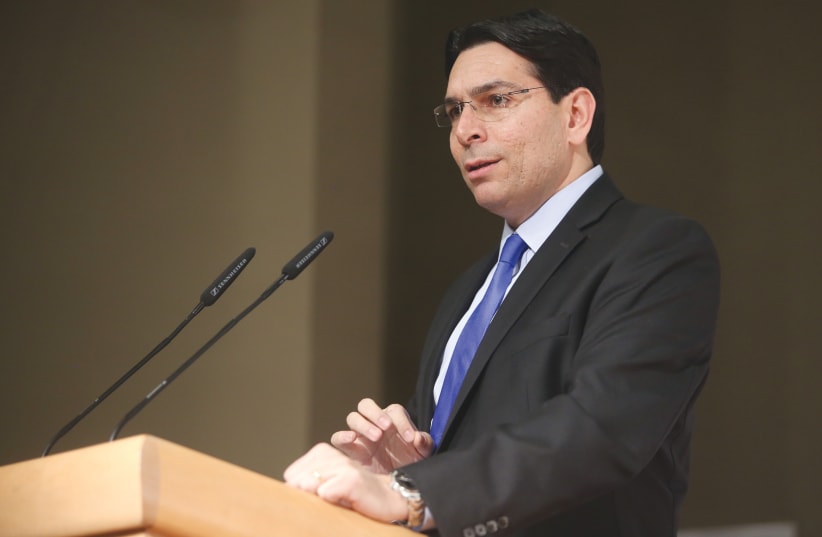Concurrent with this age of technology, we are witnessing an era of evolving diplomacy. In the past, it was secretive and self-contained, but now, in our entrepreneurial world, it has become public and intertwined with technology. This interweaving of diplomacy and technology illustrates the significance we must place in relying on others.
In this respect, COVID-19 has been a game changer. The pandemic has commanded that we think creatively and collectively as one global team. It has also forced us to turn to technology for solutions to ease the strain on the current systems and has illustrated the necessity of joining together on an international scale. It has compelled each country to emerge from its own bubble and reach out to other countries for support, advice and technological know-how. The result has been widespread assistance on a global level which has enabled us to continue to combat the pandemic far quicker than we would have managed to do alone.
This type of far-reaching cooperation could and should be transferred to issues such as diplomacy, cyber, counter-terrorism, climate change and public health. For issues such as these it is crucial that we come together, build bridges and utilize the power of our international strength to provide robust solutions. We must take action together in order to be ready for the next global threat that will soon reach our shores.
Such action calls for a shift in mindset and new dynamics. This new approach can be divided into two parts.
Firstly, we must internally, as single states, become more flexible toward private sector entrepreneurs, innovators and scientists and be able to integrate them into the broader national processes. Similarly, we must welcome the responses of the public at large who should be a central part of any public diplomacy.
Secondly, we must think in terms of multilateral integration. This means that we must level the playing field and build trust to work together across countries to combat major challenges. Competition is natural in every economy but should not be the only element that defines each country and its issues. In our hyper-connected planet we must integrate in order to strengthen ourselves, our own countries, and the world around us.
This two-fold process should also mean reviewing international organizations like the World Health Organization (WHO), the goal of which is to “promote health, keep the world safe, and serve the vulnerable.” We saw that during the corona pandemic they did not fulfill their role as expected. They abstained from criticizing the countries which were not transparent and which did not adhere to the recommended guidelines. The world’s leaders must collaborate to ensure that the WHO and other similar international organizations function to a specified standard. These organizations must be able to provide immediate and accurate responses to future issues.
While keeping COVID and our health front and center, we must also look ahead as we may soon find our attention turning to other unexpected challenges. We must be strategically prepared today, as a global society, to cope with these types of real and looming dangers. We can no longer rely on ourselves as single-nation states to solve the big issues. Nor, it seems, can we rely only on the organizations established to protect us.
While we safeguard our country’s national security interests, we must find a mechanism to enable cooperation in research and development between nations. We must take the necessary steps toward a strategic and coordinated approach to address global issues.
Such collaborations are now the only means available for effectively tackling global-scale threats that can no longer be dealt with on an exclusively national level. It is imperative that we no longer rely on our past successes in managing threats nationally to guarantee the success of our future. Nation-state interceptions must become a thing of the past when it comes to worldwide problems.
Ambassador Danny Danon is the initiator of the first DiploTech Global Summit taking place today, and sponsored by ‘The Jerusalem Post.’
